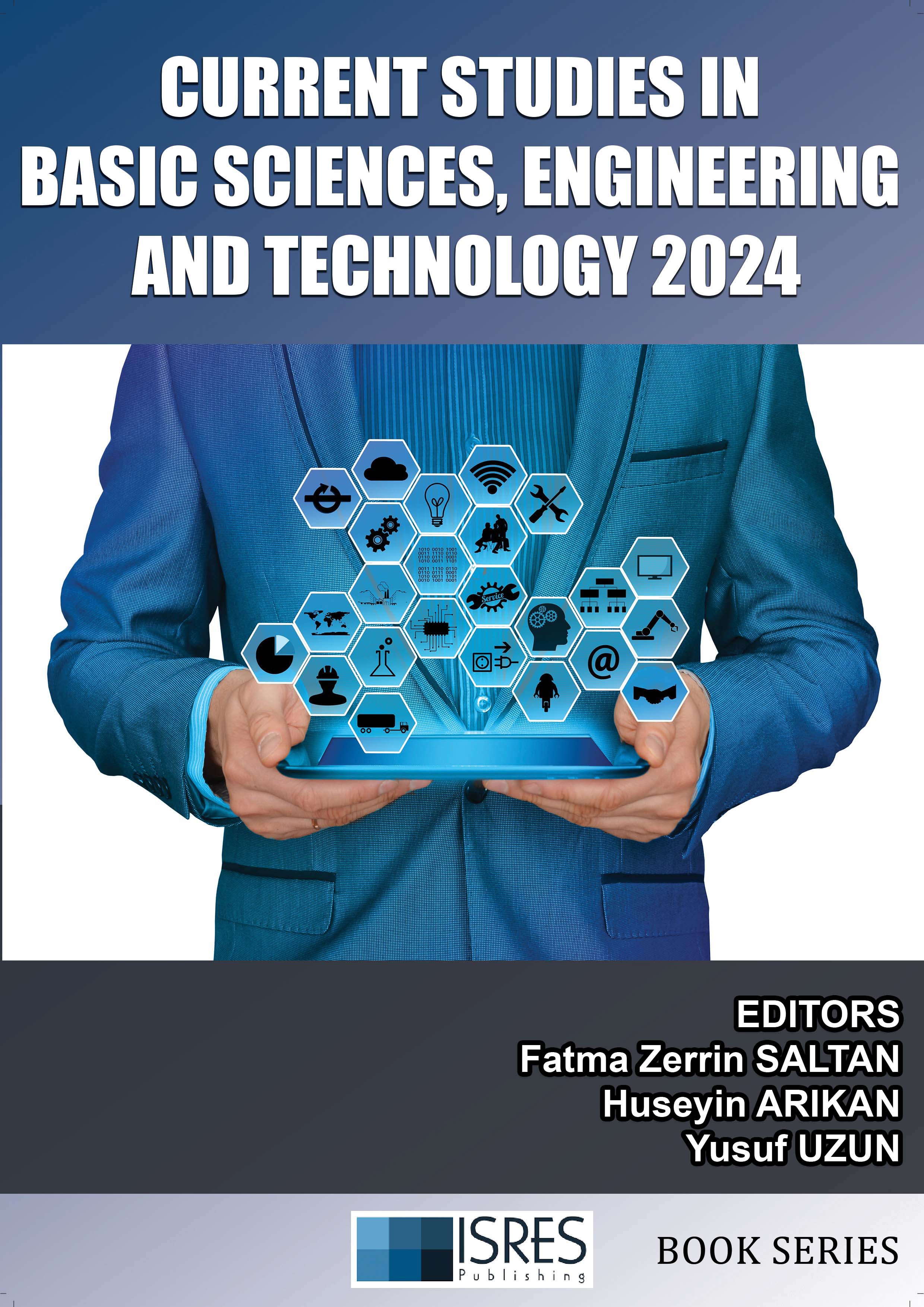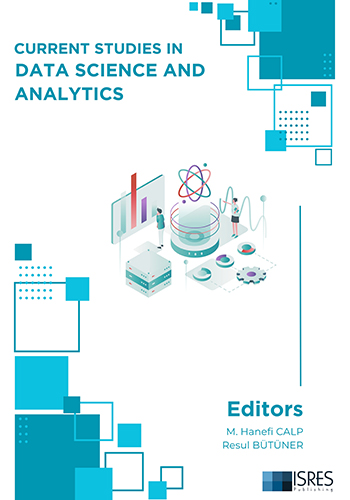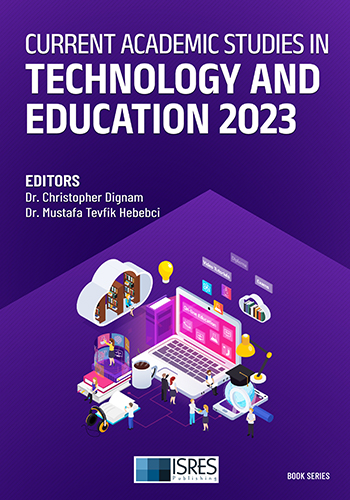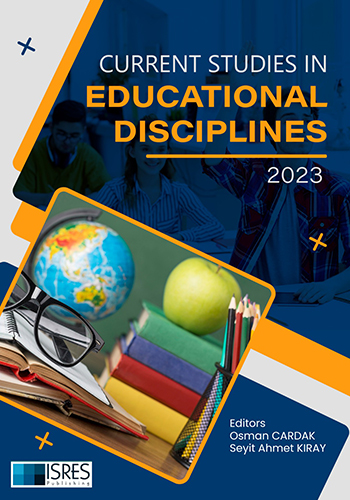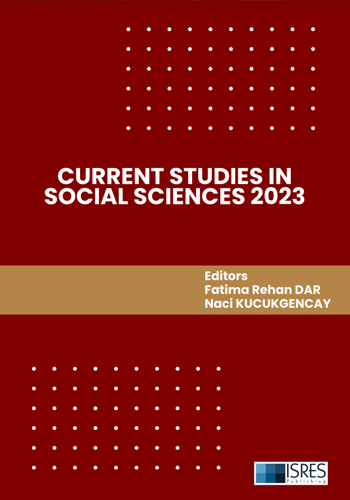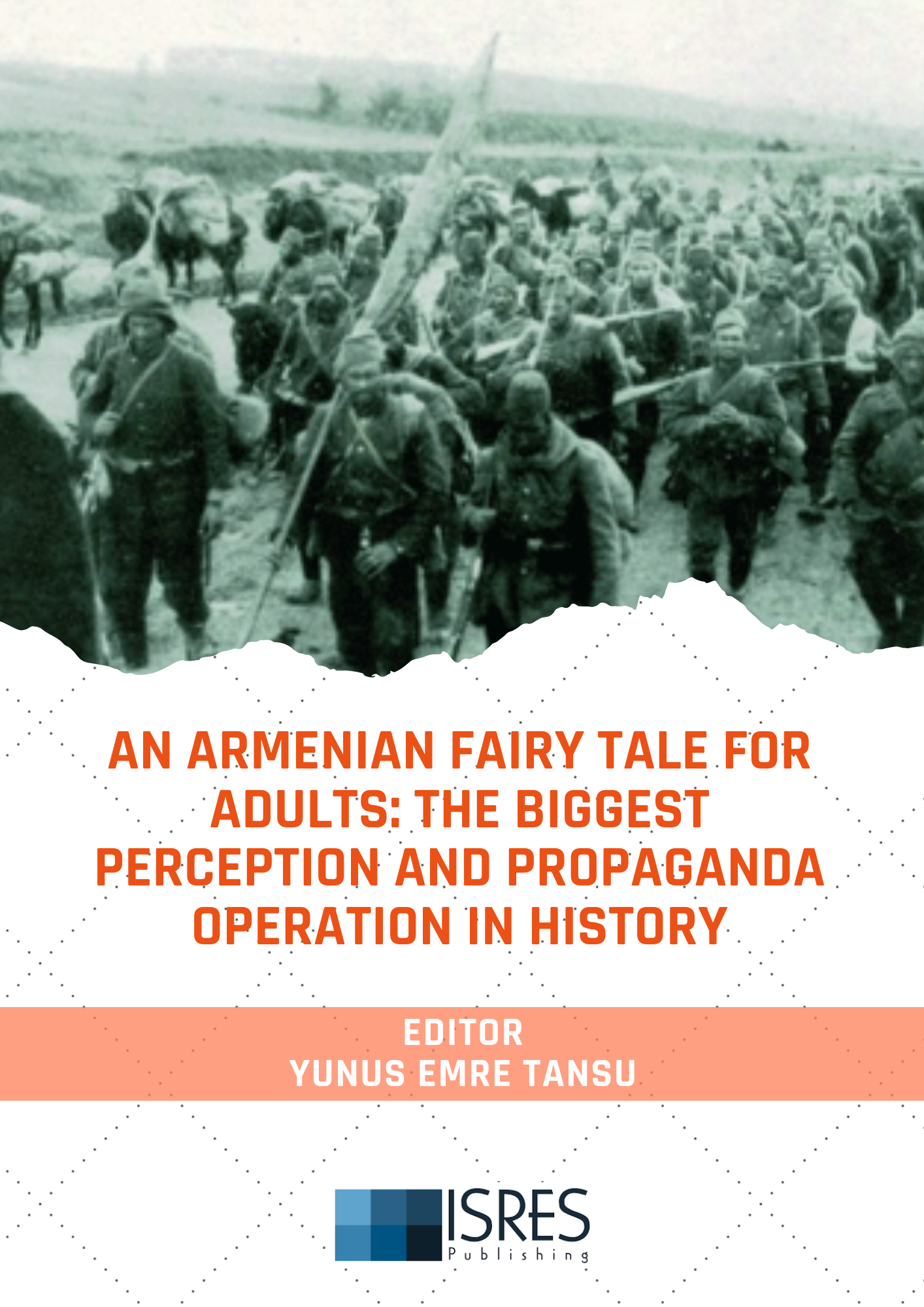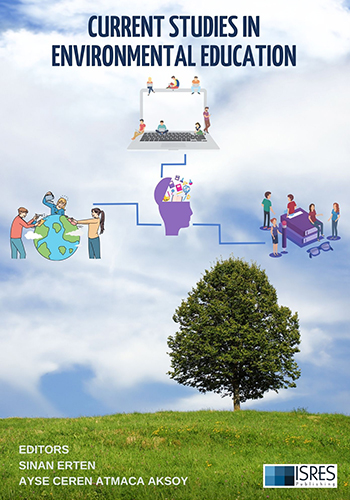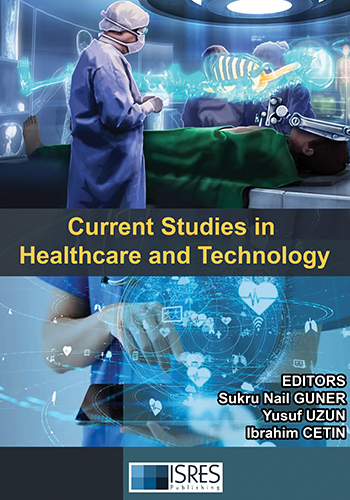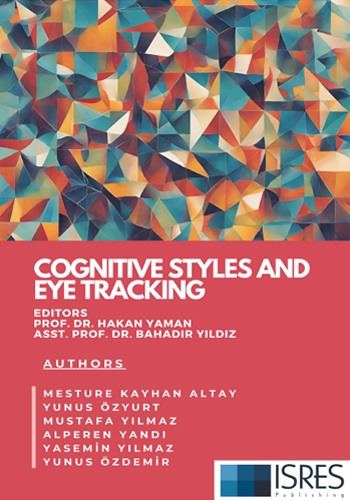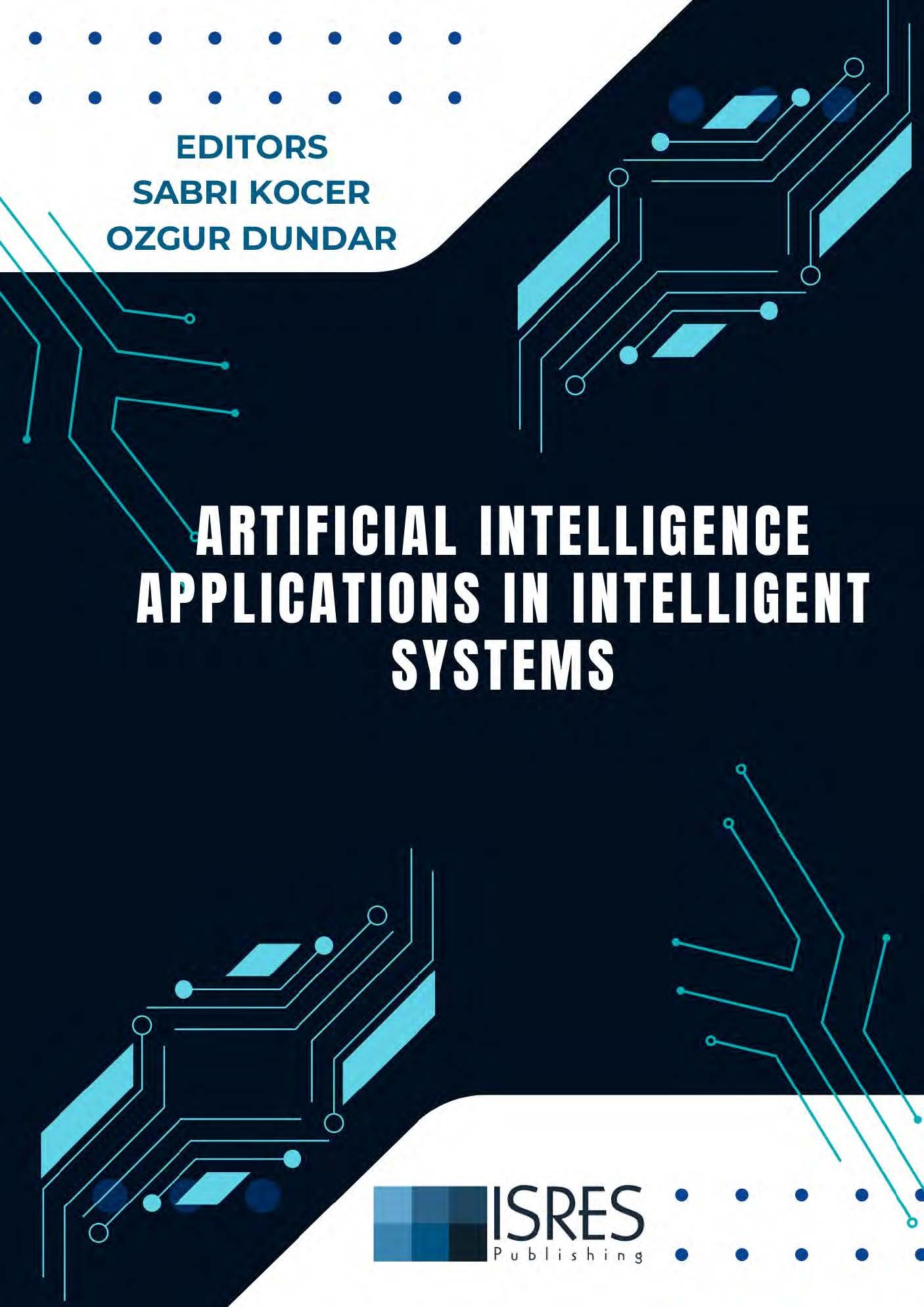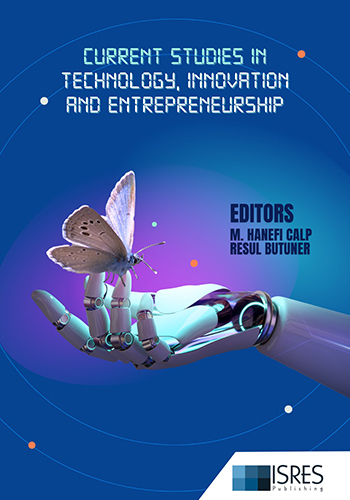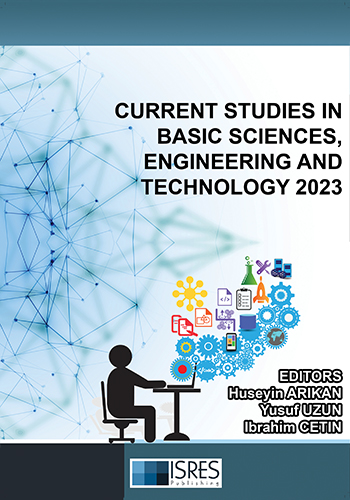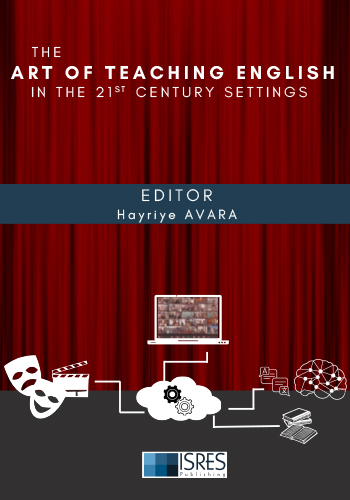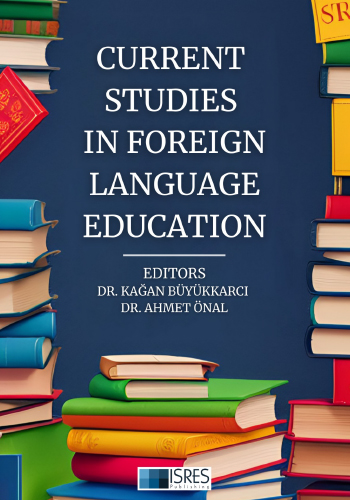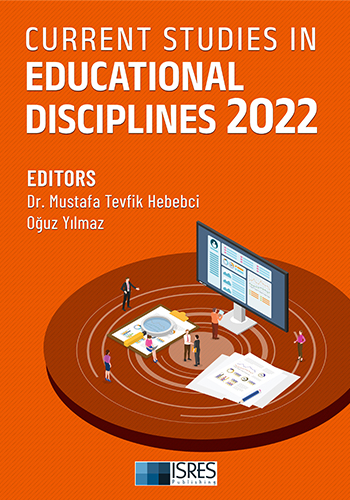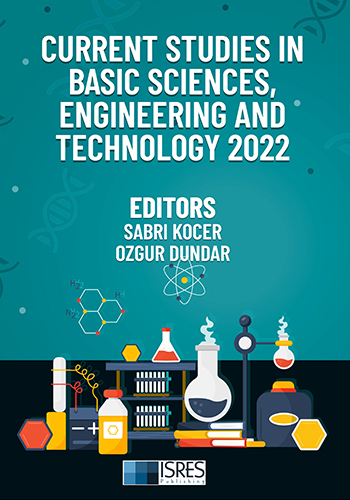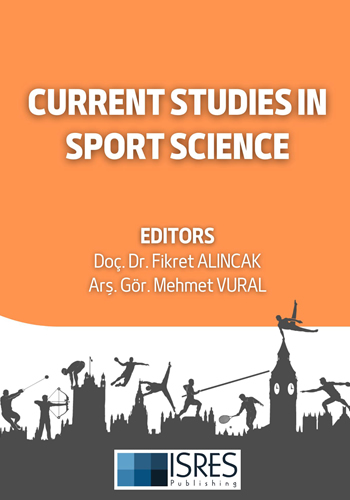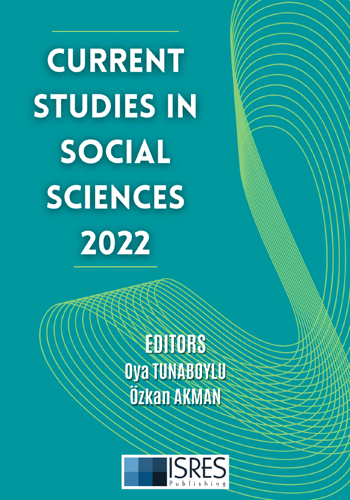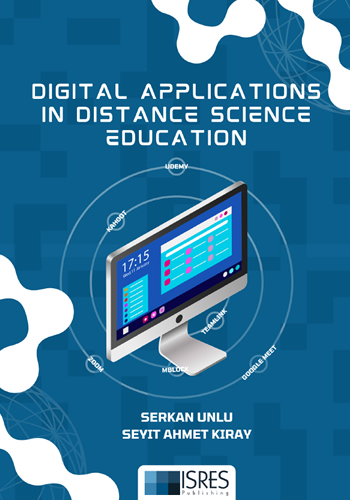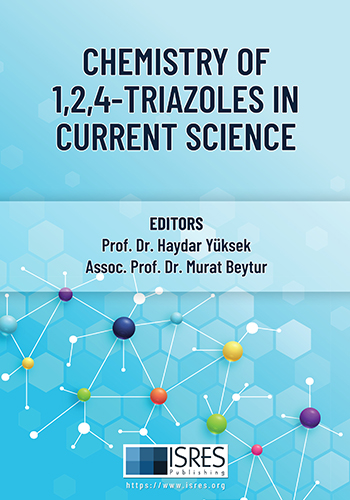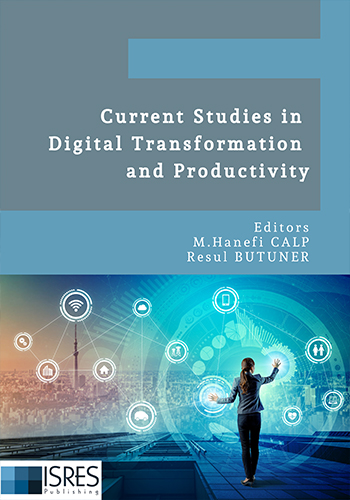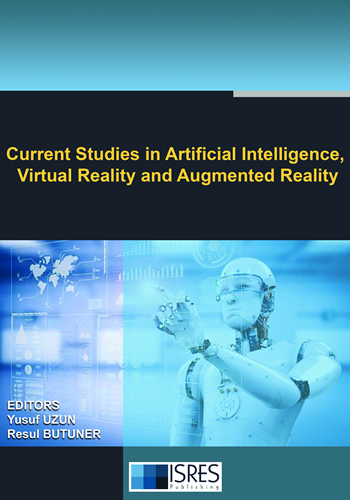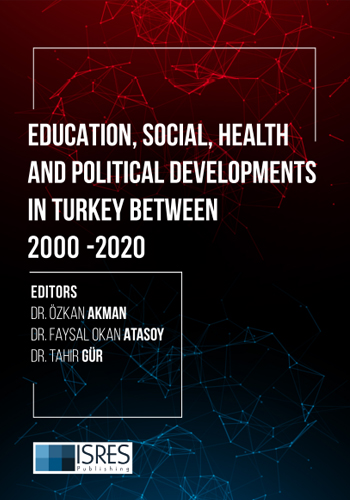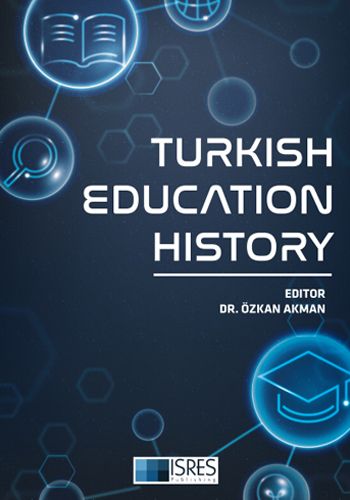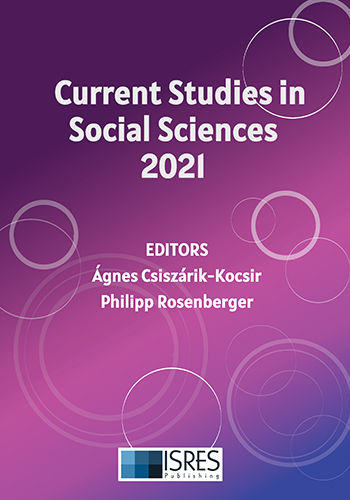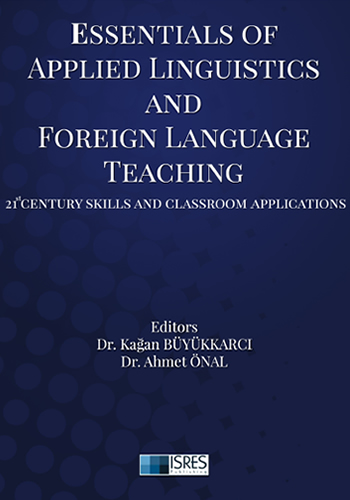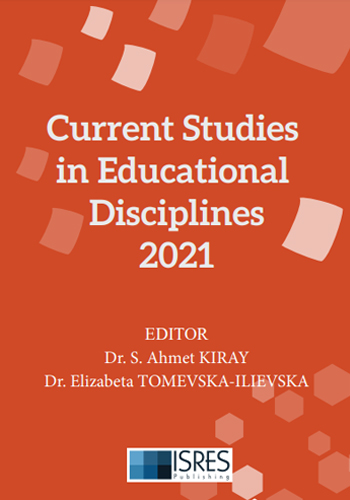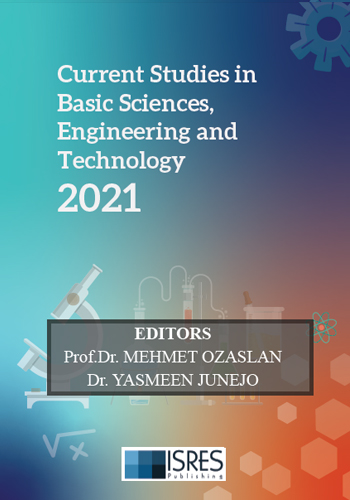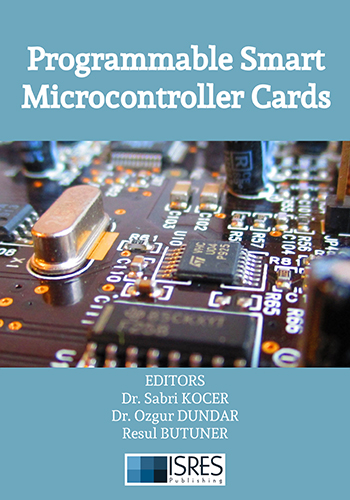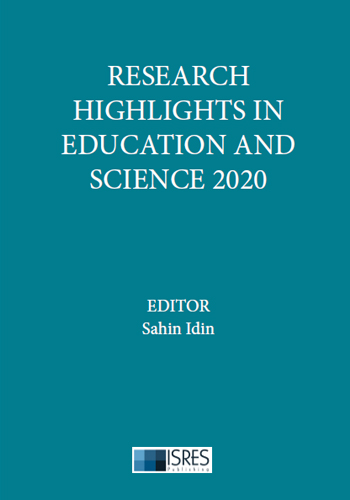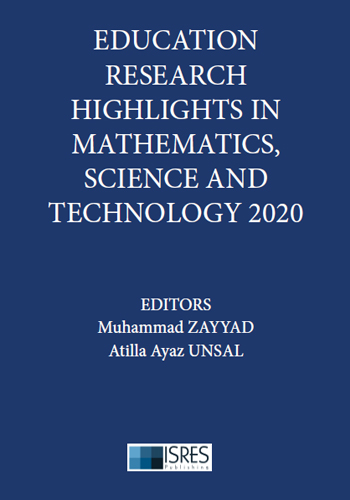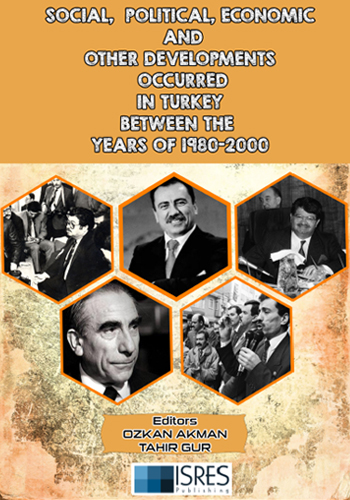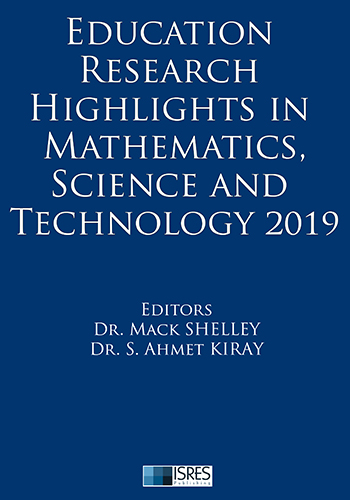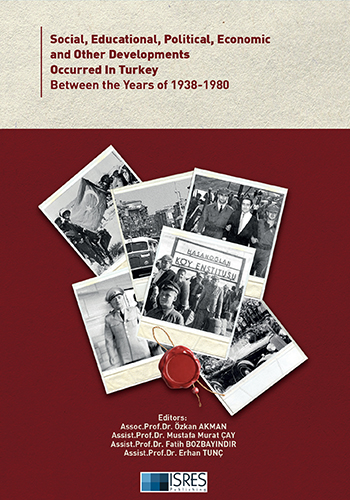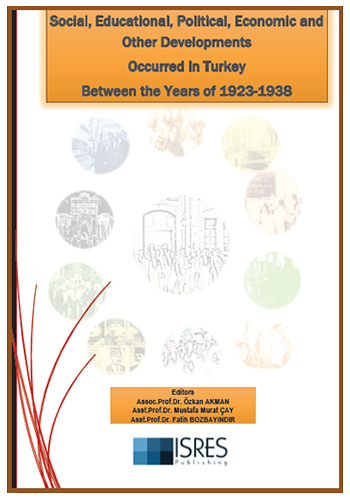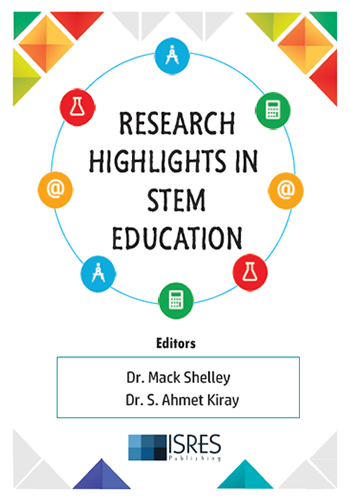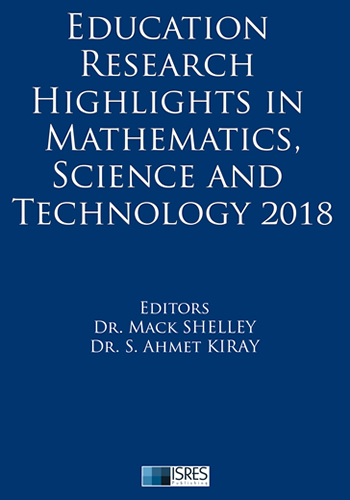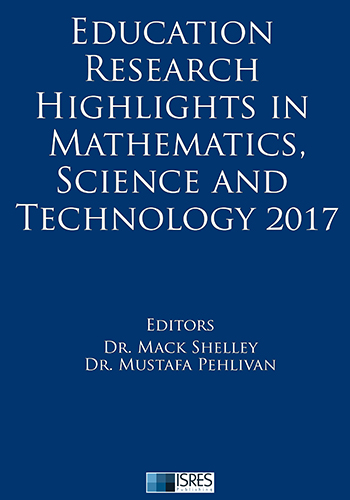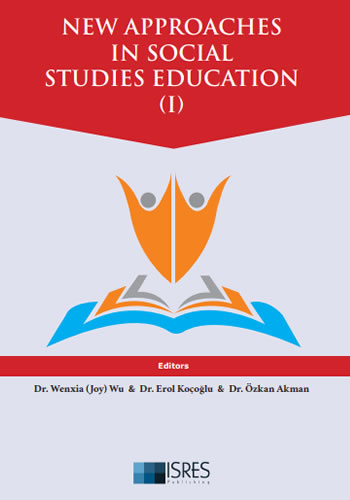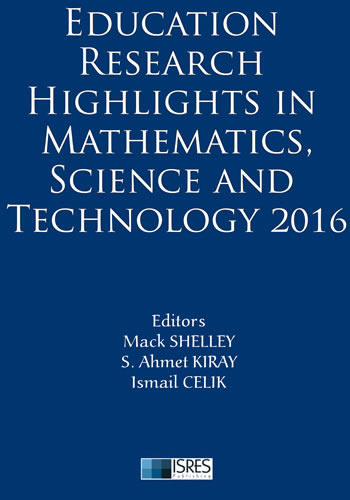In the 21st century, education models have evolved into a quite different dimension in accordance with the digital age. This dimension is a dimension that reveals this new perspective on education and brings lifelong sustainability with a wide variety of information from different channels. With this approach in education, the concept of learning has replaced the classical concept of teaching and the student has been put at the center of education. In this context, education programs have evolved from the traditional behaviorist approach to the learner-centered constructivist approach. In constructivism, accessing knowledge is a process that is at the center of the individual and regulated by his/her experiences. In this context, the content of learner-centered education programs has progressed towards the direction where traditional, classical narratives are abandoned, the learner is more active, problem solving skills are developed and group work is effective. In the learner-centered education approach, the learning process is considered as a complex process. However, it is thought that informing trainers about this system will facilitate the process. In this process, the trainer should prepare the training program with the role of facilitator and guide and draw the framework in this direction. In this constructivist model, the trainer is expected to be open to innovations, to have a digital and technical infrastructure and to be able to apply them . These changes in education have revealed the importance of training of trainers. In conclusion the importance of learner-centered education models in sustainable medical education and the superiority of their advantages over their disadvantages are obvious. It is very important for physician candidates to be well-equipped physicians. We believe that with this enriched medical education curriculum, physician candidates will be trained as better equipped and more self-confident physicians.
Learner-Centered Approaches in Sustainable Medical Education
New Generation Technologies and Sustainability In Health : Current Studies
Editors: Fatma Nur TAKI, Sabri KOÇER, Resul BÜTÜNER
 (1)_01-01-2025_10-03-2025.jpg)
831
Learner-Centered Approaches in Sustainable Medical Education
Chapter Authors: Hayriye Dilek AKDOĞAN
Pages: 133-148
Other Chapters
The Robot Nurses
İbrahim ÇETİN
More Info Pages: 1-15
Artificial Intelligence in the Early Detection of Parkinson’s Disease
Kartal DERİN
More Info Pages: 16-27
Regenerative Medicine: Harnessing Stem Cells for Sustainable Healing
Hasan EGE, Oğuzhan EKİCİ
More Info Pages: 28-48
ML-Based Solutions for Detection of Hip Dislocation in Infants: A Review
Mevlüt Can ADIYAMAN, Şeyma Nefise SATICI, Muhammmed Furkan DARILMAZ, Hüseyin Oktay ALTUN
More Info Pages: 49-73
Performance Comparison of Different Machine Learning Models in Breast Cancer Diagnosis
Fatma Nur UZUN
More Info Pages: 74-95
PRP (Platelet-Rich Plasma) and Women's Reproductive Health: Current Status
Elif GÜLBAHÇE MUTLU, Hatice Nur ŞEFLEK
More Info Pages: 96-118
Methods Used in Behavioural Experiments in Laboratory Animals
İbrahim YILDIZ
More Info Pages: 119-132
Learner-Centered Approaches in Sustainable Medical Education
Hayriye Dilek AKDOĞAN
More Info Pages: 133-148
Medicinal Plants and Ozone Therapy Used in Cancer
Hayriye ALP, Şerife AYDIN
More Info Pages: 162-177
Anatomical Description of Acupuncture Points and Bioresonance Therapy
Ayşe Gamze ÖZCAN, İsmail ESEOĞLU
More Info Pages: 178-193
Examination of Smartphone Applications for Assessment in Physiotherapy and Rehabilitation
Musa ÇANKAYA, Pariya POURİYAMANESH
More Info Pages: 194-210
Acupuncture and Homeopathy Applications in Chronic Neuropathic Pain
Hayriye ALP
More Info Pages: 211-219
Medical Image Processing: Applications of Artificial Intelligence
Yunus Emre GÖKTEPE, Yusuf UZUN
More Info Pages: 220-234
The Role of Getat Trainings in the Development of Getat Applications
Eralp KUYUCU
More Info Pages: 149-161
Budapest/Hungary Conferences - August 28-31, 2025
We are pleased to invite you to ISRES conferences, which will be held at Obuda University/Budapest/Hungary on August, 28-31, 2025. The following conferences will be held in Budapest/Hungary:...
15.01.2025
Trabzon/Türkiye Conferences - May 01-04, 2025
ISRES Spring Conferences - Trabzon/Turkiye SOCIAL SCIENCES – May 1-4, 2025, Trabzon, Türkiye * 5th International Conference on Social Science Studies - IConSoS2025 ...
11.12.2024
Peja/Kosovo Conferences - July 10-13, 2025
We are pleased to invite you to our conferences, which will be held at University of Peja Haxhi Zeka on July, 10-13, 2025. The following conferences will be held in Peja/Kosovo: - 7th Internat...
28.11.2024





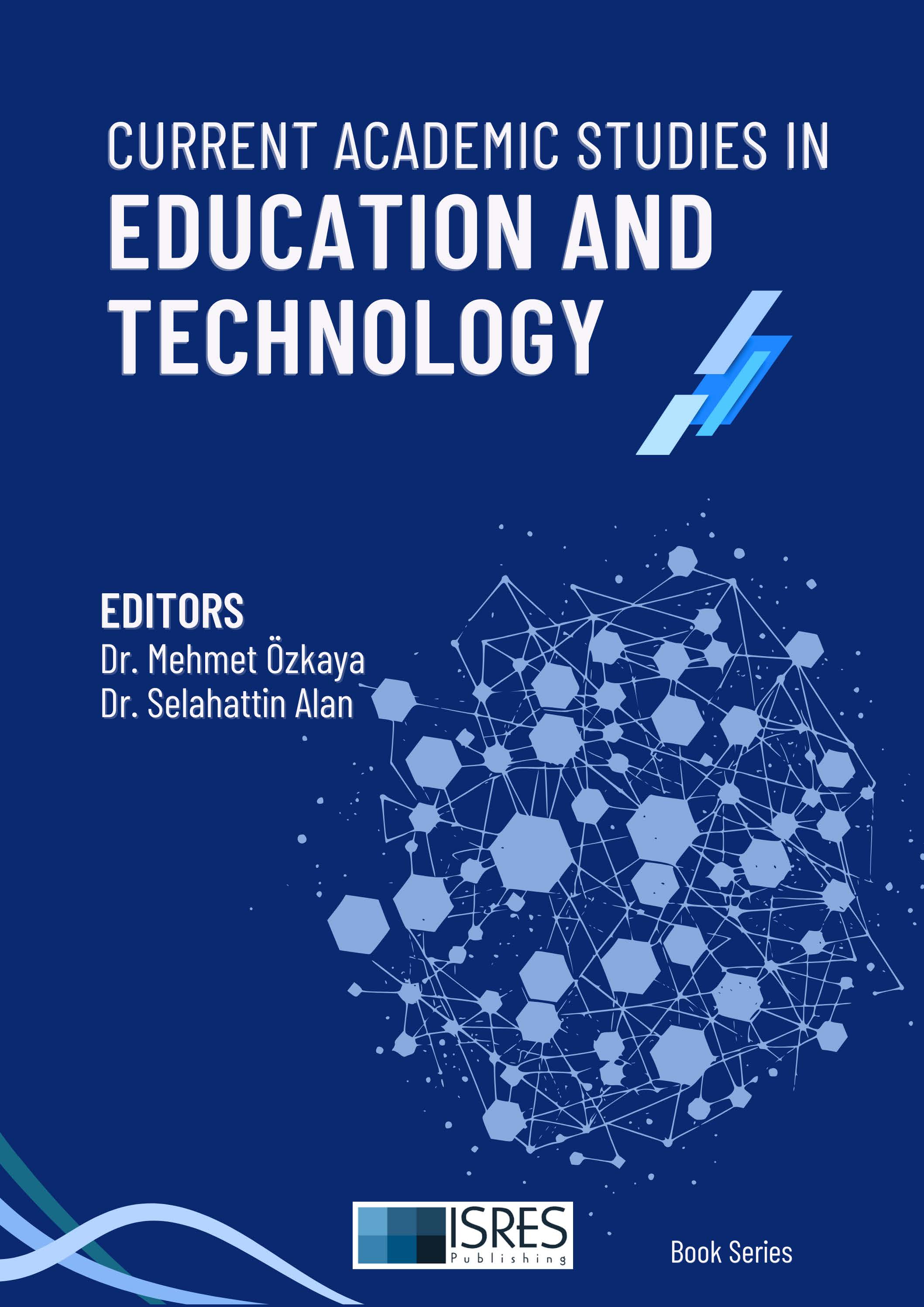


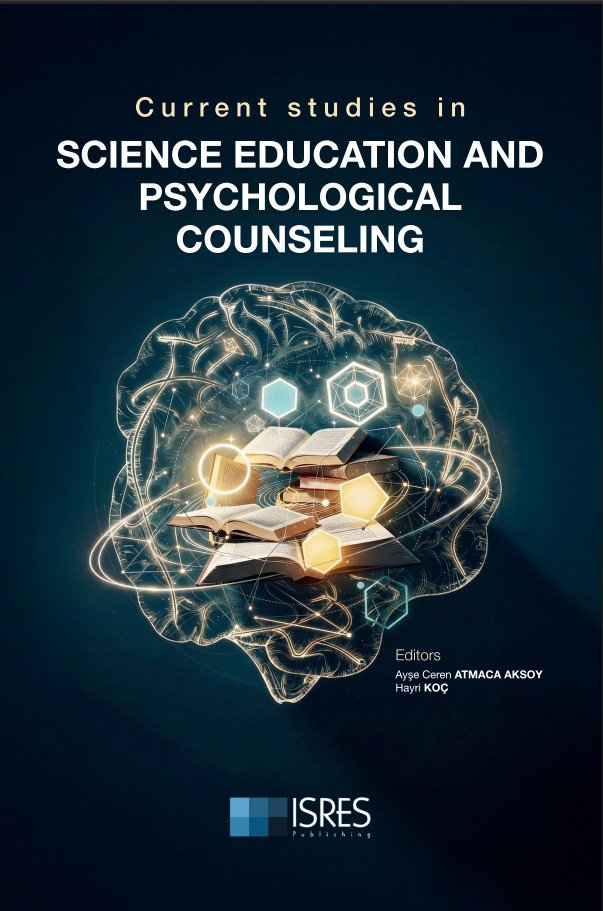
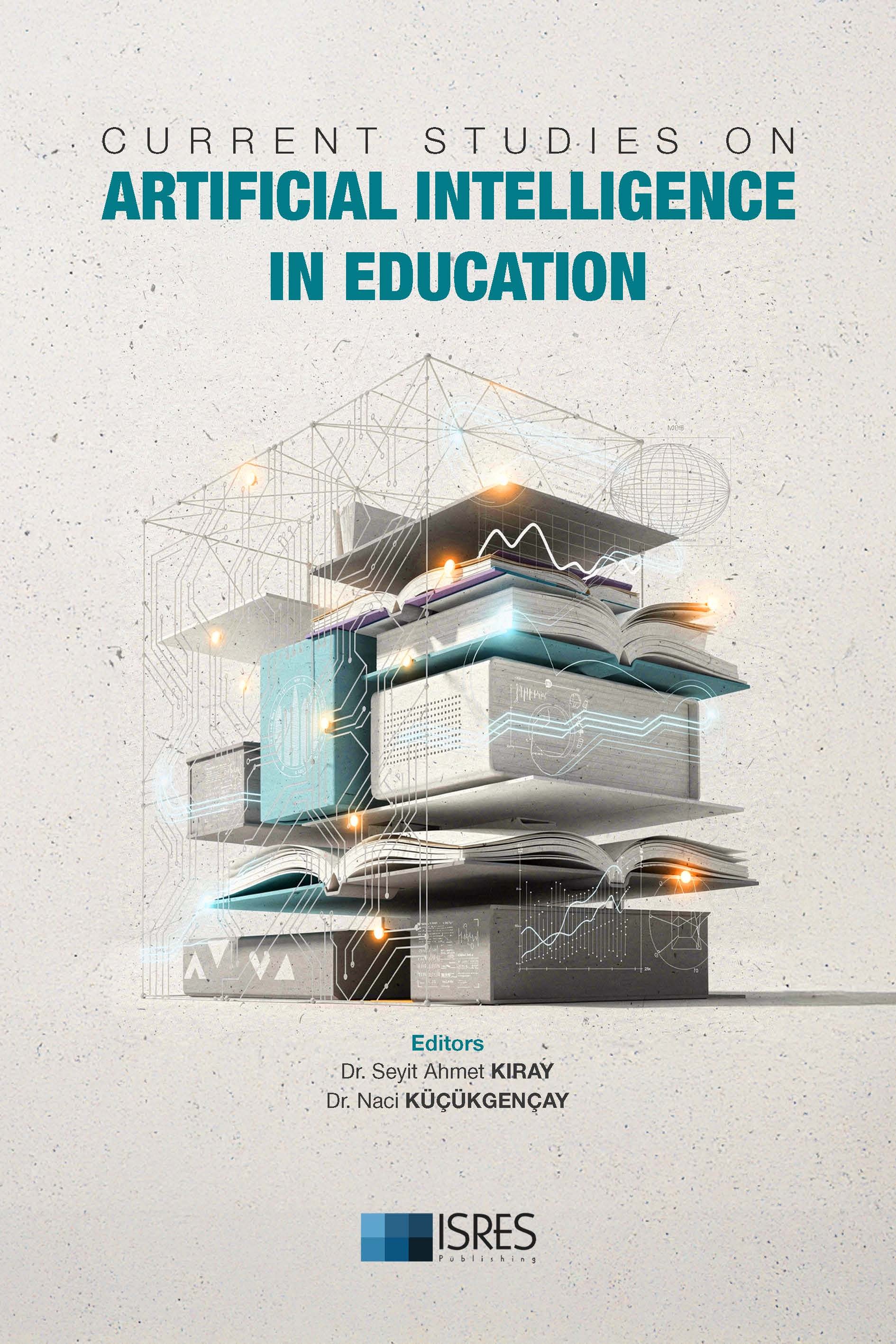
_Sayfa_001_23-12-2025.jpg)
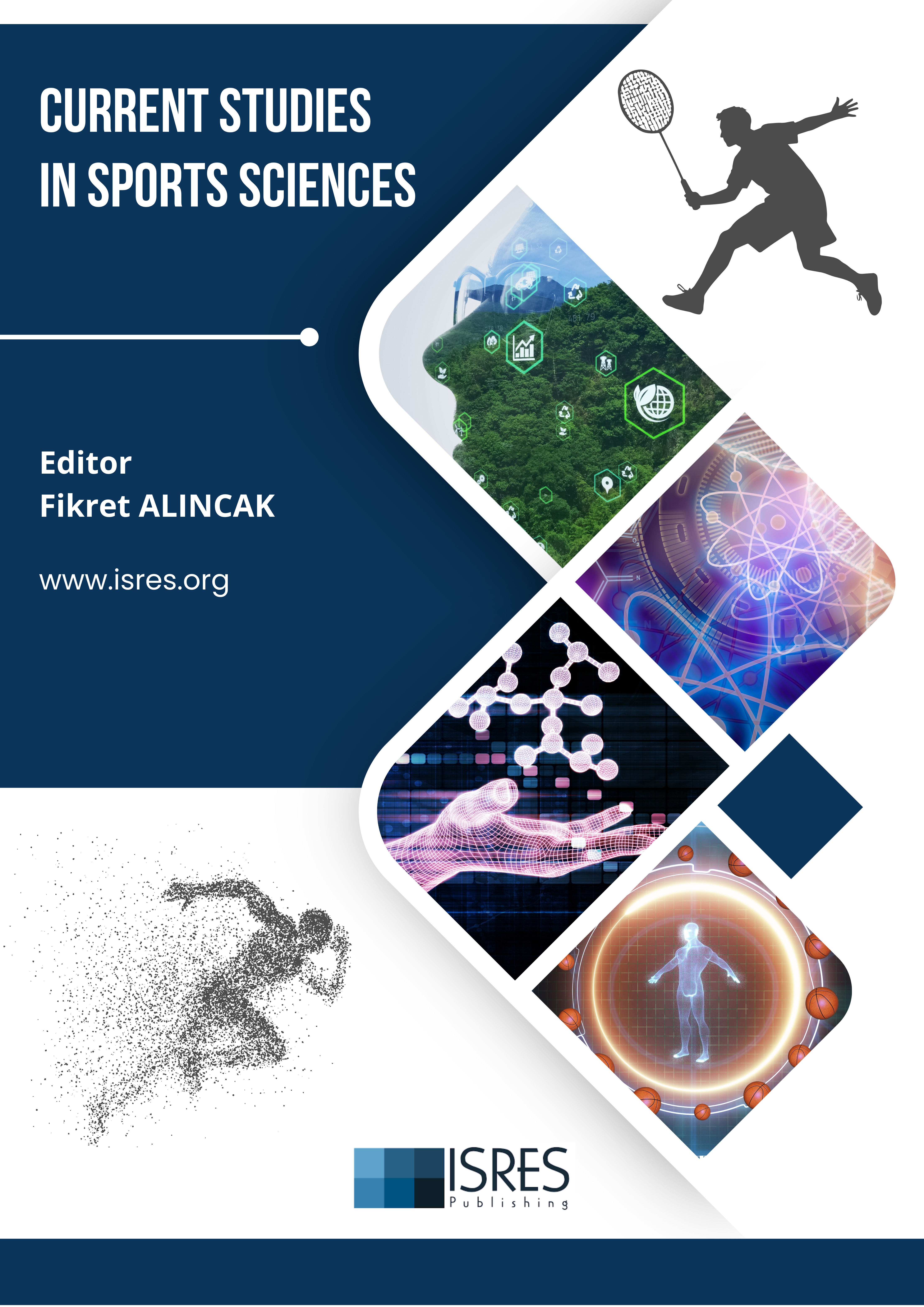


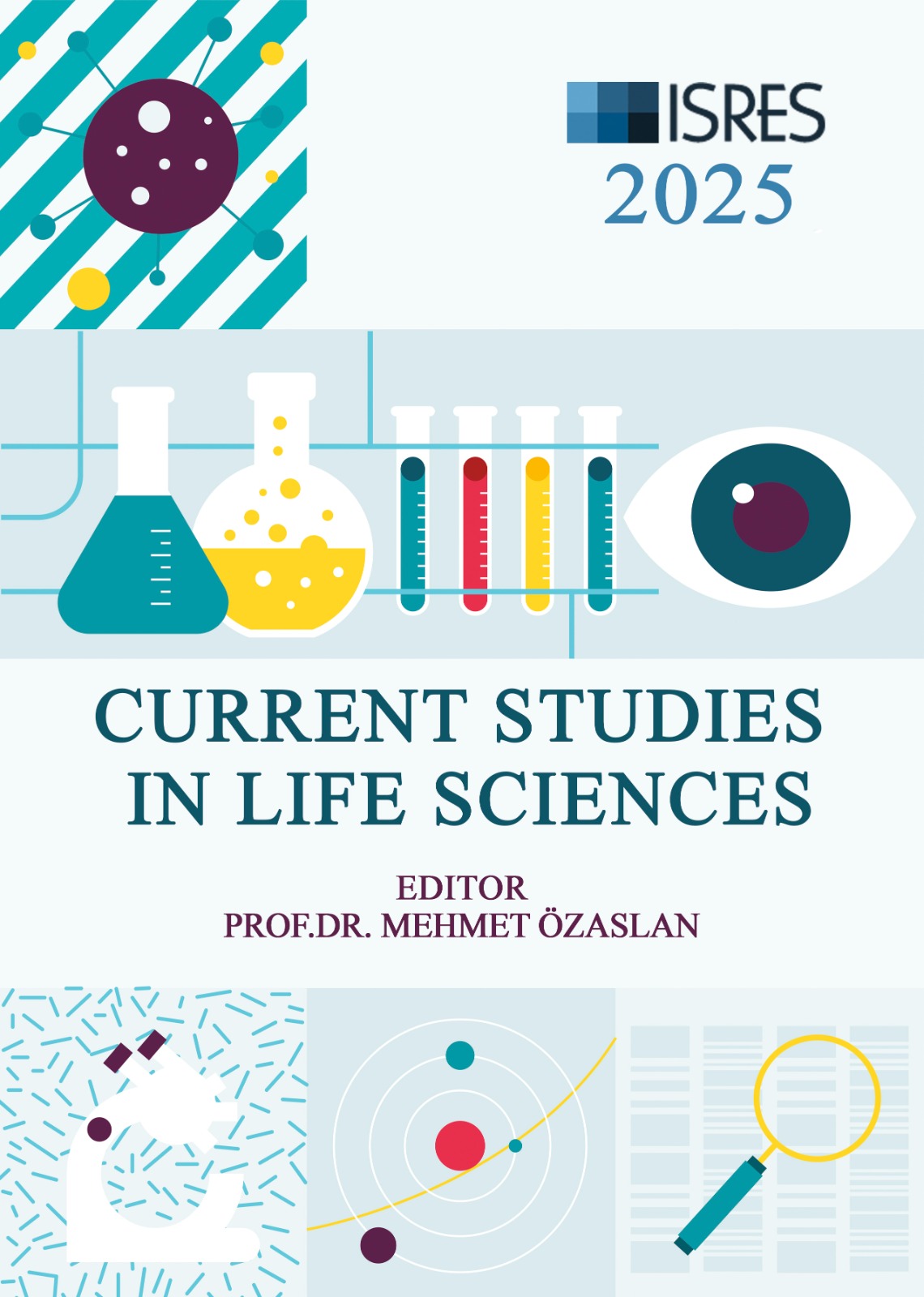
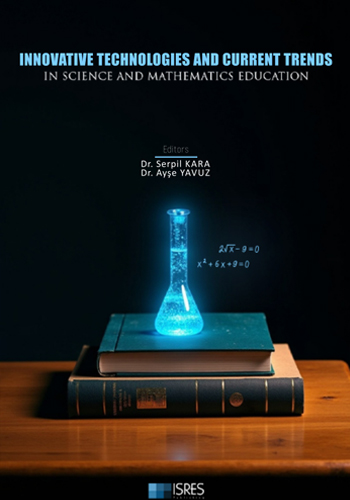





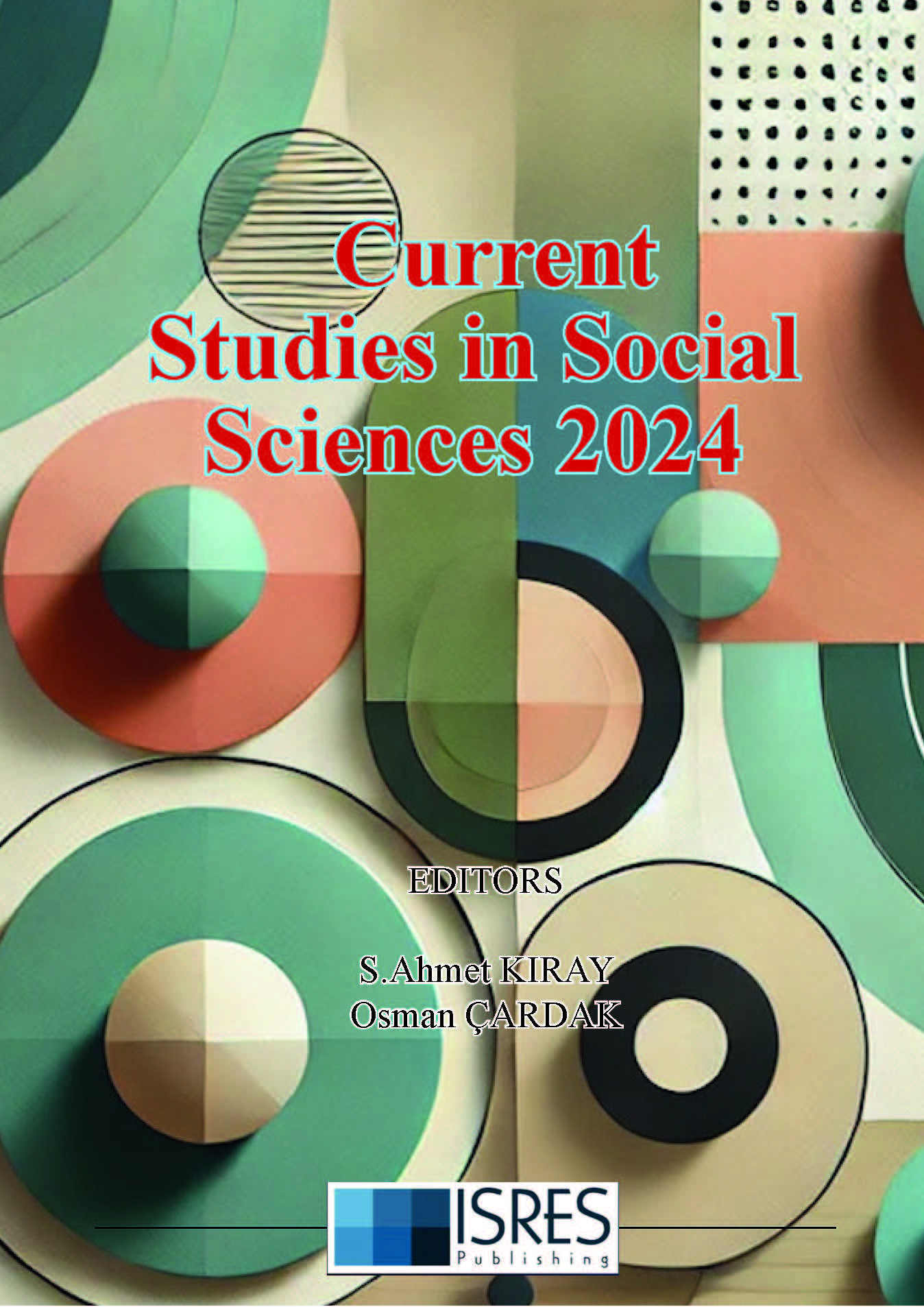
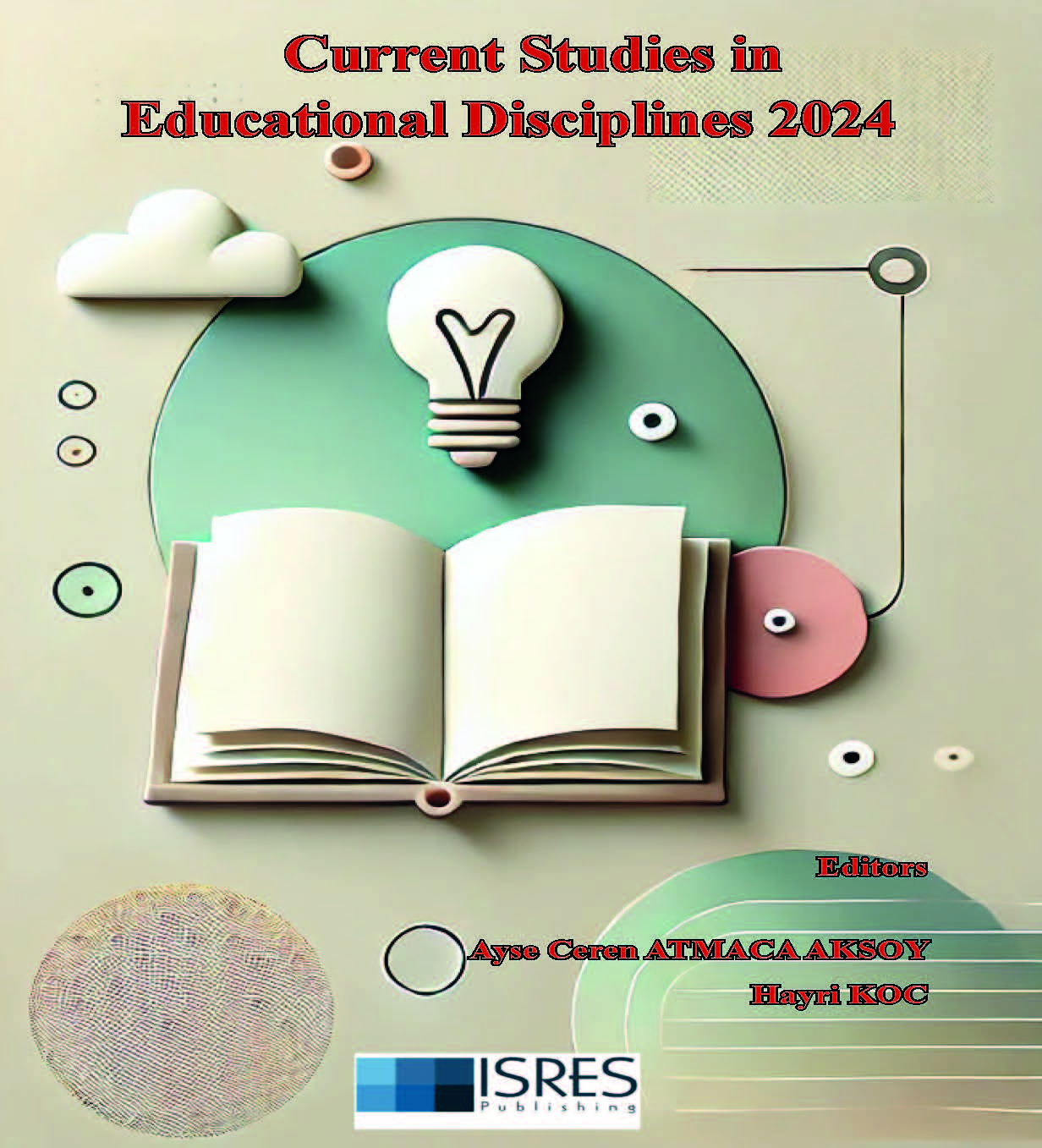
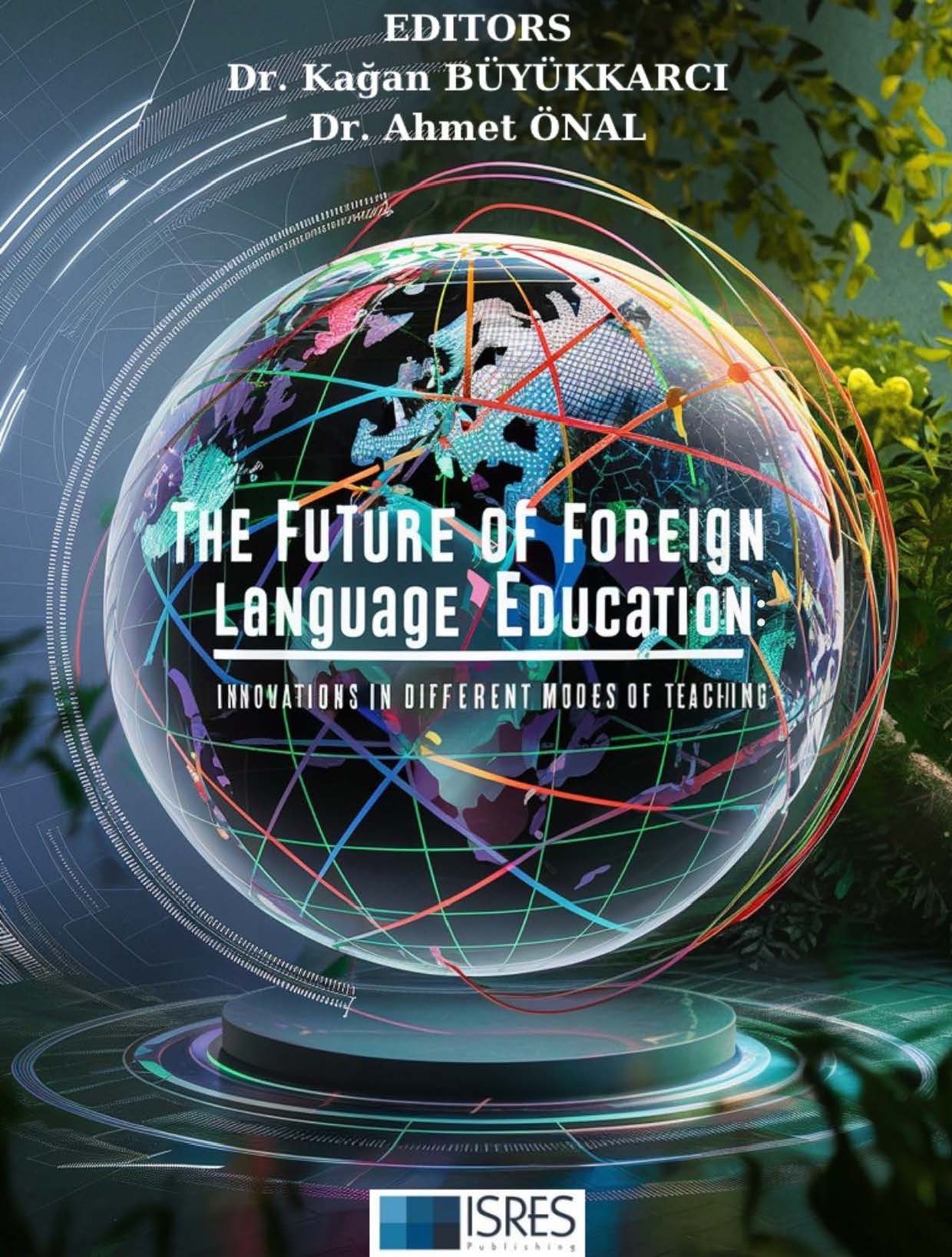


 (1)_16-12-2024.jpg)


_29-12-2024.jpg)
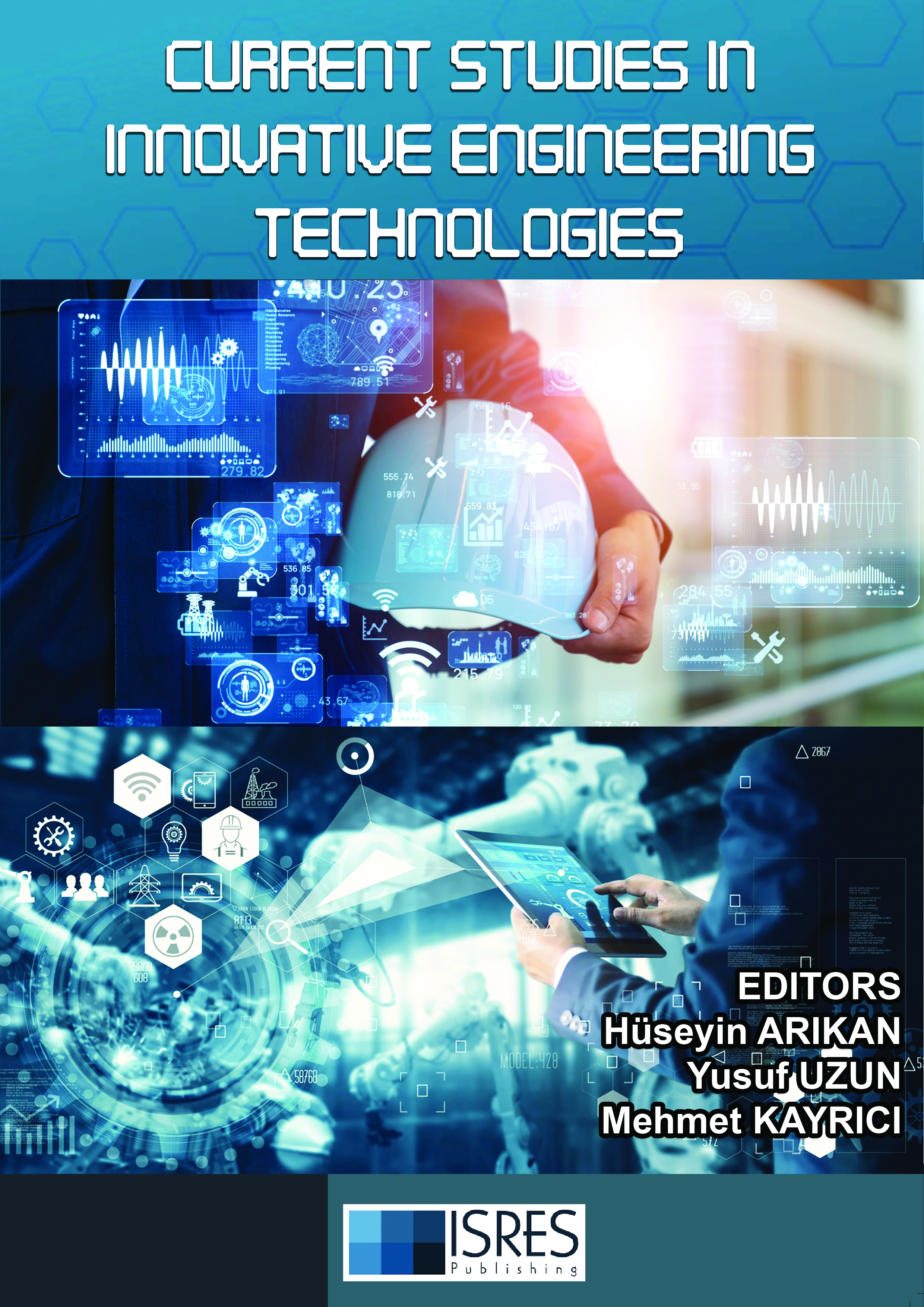
_01-01-2025.jpg)
